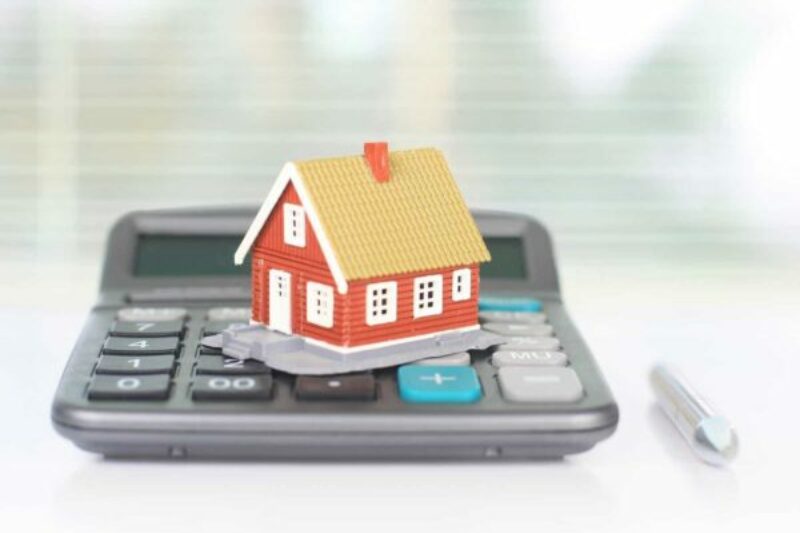Buying a home comes with many benefits including financial stability, tax deductions and a sense of pride in ownership. However, in the recommended article here are some hidden costs homeowners need to consider.

Closing costs are a major upfront expense that typically amount to between 3% and 6% of the loan value. HOA fees are also common, particularly in townhomes and condos.
- Property Taxes
Trading in your monthly rental payment for a mortgage payment may be exciting, but that doesn’t mean property taxes are cheap. Local governments determine property taxes based on the value of local real estate and the size of your home, so it’s important to understand the impact these fees can have on your budget before making a commitment to buy.
If your mortgage lender includes property taxes in your escrow account, you can estimate what to expect by determining the appraised value of your desired home and multiplying it by your state’s property tax rate. It’s also worth considering that you can dispute the amount your municipality charges through a property tax appeals process. You can also benefit from property tax deductions as a homeowner.
- Homeowners Insurance
Homeowners insurance protects a homeowner from damages to his or her private residence. It's typically required by lenders as part of the mortgage process.
The cost of homeowners insurance is typically higher than it is for renters, since the insurer will take into account that a homeowner may be more likely to care for and maintain his or her property. In order to lower the cost of homeowners insurance, it's a good idea to shop around and find a policy that meets your budget and coverage needs.
While a mortgage payment is the most obvious expense, there are many other costs associated with owning a home. Adding these other expenses to your budget will give you a true picture of the overall cost of homeownership.
- Homeowners Association Fees
HOA fees, or homeowners association dues, are monthly, quarterly, or annual charges that residents in a community pay to their homeowner’s association. These fees help fund the upkeep of common grounds, community amenities and in some cases the homes themselves.
Condominiums and co-ops may have different HOA fees than single-family homes, but regardless of the type of housing you are interested in, these costs can make a
significant impact on your budget. These costs are not typically included in your mortgage escrow account, which is why prospective homebuyers should research the details of an HOA prior to making an offer.
While owning a home presents unique financial challenges, ensuring that you understand these hidden costs can help you avoid being surprised or disappointed later on.
- Homeowners Association Dues
If you purchase a home in a community with a homeowners association, you’ll have to pay membership fees. These fees are used for services and amenities such as pools, clubhouses and meeting spaces. They also include utilities such as electricity and heating/cooling, and may even cover bundled Internet and cable.
HOA fees can range from a few hundred to a few thousand dollars per month, depending on the community. They’re typically paid monthly, quarterly or annually, and are based on the association’s budget for the year.
It’s important to understand all the costs associated with homeownership before you commit to purchasing a new home. Working with a real estate advisor can help you get the facts and make an informed decision about whether or not homeownership is right for you.
- Private Mortgage Insurance
Private mortgage insurance is an expense that comes into play if you buy a home with less than a 20% down payment on a conventional loan. PMI protects the lender in case you default on your mortgage and helps them recoup their investment. You can choose to pay PMI upfront at closing, add it to your monthly mortgage payment or have the seller pay it as part of your closing costs.
Your credit score and loan-to-value ratio affect the amount you pay for PMI, which is typically paid on a monthly basis. You can reduce your PMI by increasing your down payment or opting for a piggyback loan, which allows you to make a smaller down payment and then combine it with another mortgage to cover the rest of the purchase price.
 icons at the top right corner of the subsection.
icons at the top right corner of the subsection.